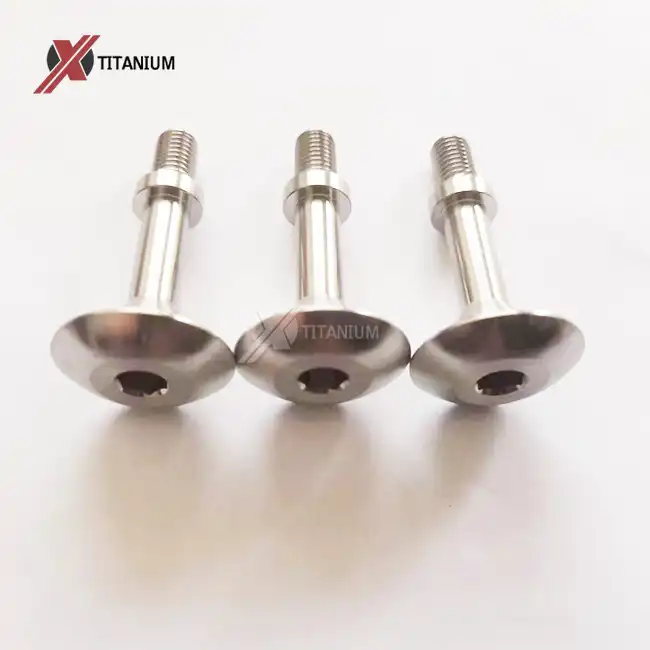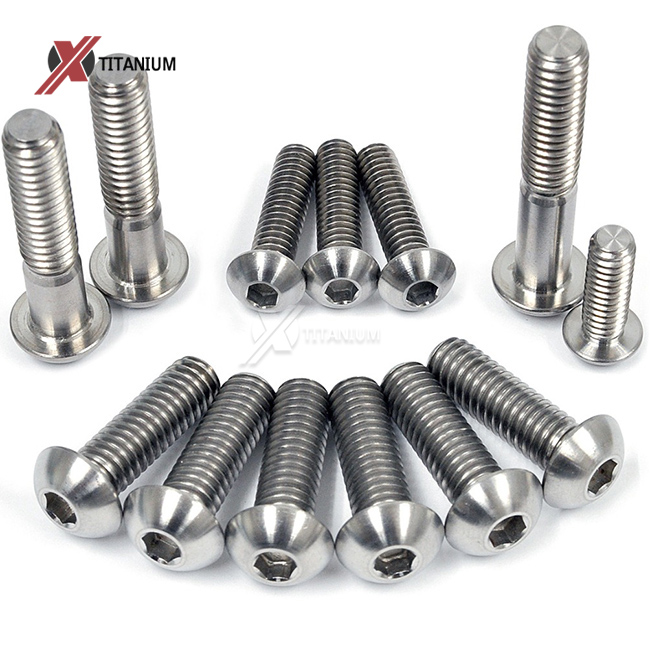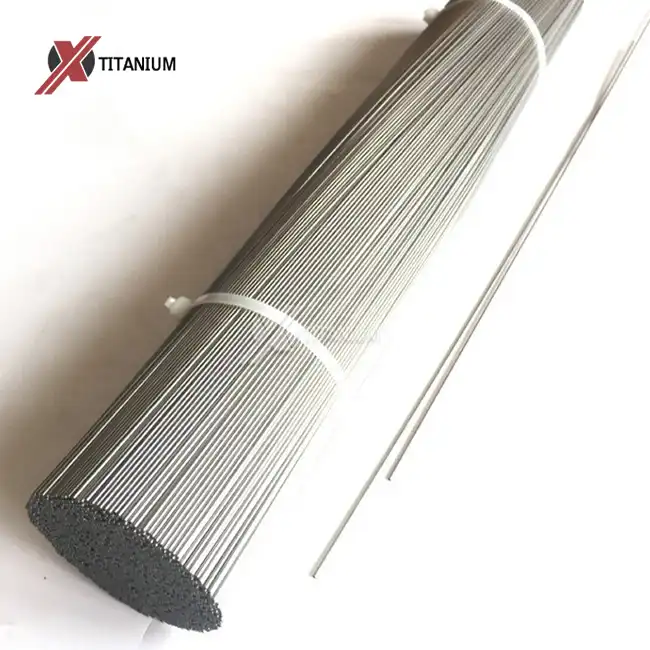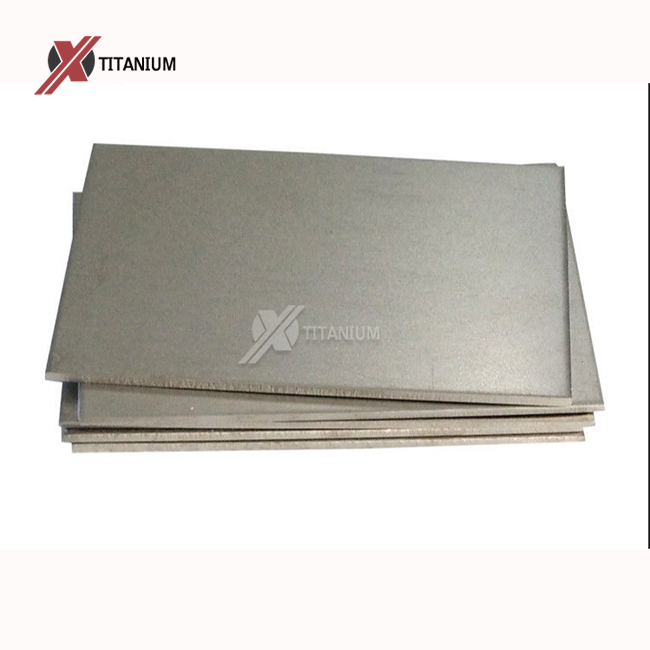- English
- French
- German
- Portuguese
- Spanish
- Russian
- Japanese
- Korean
- Arabic
- Greek
- German
- Turkish
- Italian
- Danish
- Romanian
- Indonesian
- Czech
- Afrikaans
- Swedish
- Polish
- Basque
- Catalan
- Esperanto
- Hindi
- Lao
- Albanian
- Amharic
- Armenian
- Azerbaijani
- Belarusian
- Bengali
- Bosnian
- Bulgarian
- Cebuano
- Chichewa
- Corsican
- Croatian
- Dutch
- Estonian
- Filipino
- Finnish
- Frisian
- Galician
- Georgian
- Gujarati
- Haitian
- Hausa
- Hawaiian
- Hebrew
- Hmong
- Hungarian
- Icelandic
- Igbo
- Javanese
- Kannada
- Kazakh
- Khmer
- Kurdish
- Kyrgyz
- Latin
- Latvian
- Lithuanian
- Luxembou..
- Macedonian
- Malagasy
- Malay
- Malayalam
- Maltese
- Maori
- Marathi
- Mongolian
- Burmese
- Nepali
- Norwegian
- Pashto
- Persian
- Punjabi
- Serbian
- Sesotho
- Sinhala
- Slovak
- Slovenian
- Somali
- Samoan
- Scots Gaelic
- Shona
- Sindhi
- Sundanese
- Swahili
- Tajik
- Tamil
- Telugu
- Thai
- Ukrainian
- Urdu
- Uzbek
- Vietnamese
- Welsh
- Xhosa
- Yiddish
- Yoruba
- Zulu
Titanium Shoulder Bolts: Custom Sizes and Surface Finish
Titanium shoulder bolts are precision-engineered fasteners that combine the strength and corrosion resistance of titanium with the versatility of custom sizing and surface finishes. These bolts feature a smooth cylindrical shoulder that provides a precise bearing surface, making them ideal for applications requiring precise alignment or rotation. Available in various grades, including Grade 2 and Grade 5 (Ti-6Al-4V), titanium shoulder bolts can be customized with shoulder diameters ranging from 4mm to 50mm and thread sizes from M5 to M12. Surface finishes such as polishing, anodizing, and nitriding enhance their performance and aesthetics, making them suitable for diverse industries including aerospace, medical, and high-performance racing.
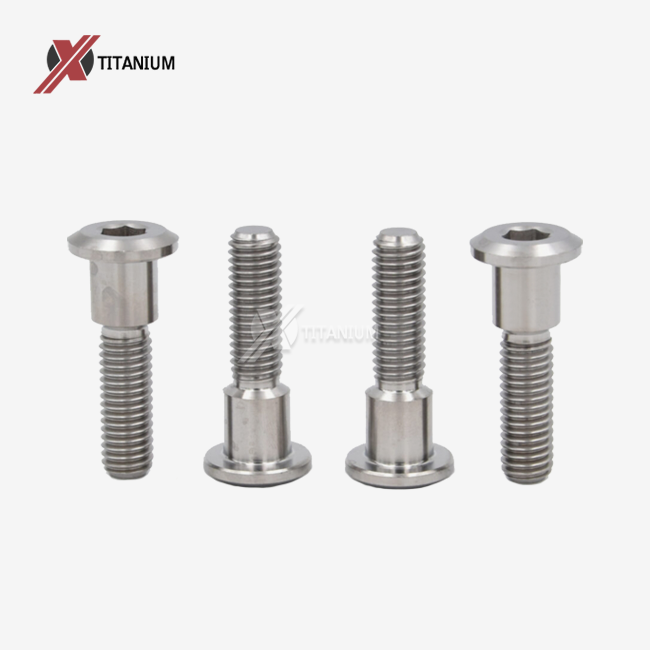
The Advantages of Titanium in Shoulder Bolt Applications
Titanium shoulder bolts offer a unique combination of properties that make them superior to traditional materials in many applications. The inherent characteristics of titanium, such as its high strength-to-weight ratio, excellent corrosion resistance, and biocompatibility, contribute to the exceptional performance of these fasteners.
Unparalleled Strength-to-Weight Ratio
One of the most significant advantages of titanium shoulder bolts is their remarkable strength-to-weight ratio. Titanium is as strong as steel but 45% lighter, making it an ideal choice for applications where weight reduction is crucial without compromising structural integrity. This property is particularly valuable in aerospace and automotive industries, where every gram saved can translate to improved fuel efficiency and performance.
Exceptional Corrosion Resistance
Titanium's natural resistance to corrosion is another key benefit that sets titanium shoulder bolts apart from their counterparts made of other materials. The metal forms a protective oxide layer when exposed to air or moisture, providing excellent resistance to saltwater, acids, and other corrosive environments. This characteristic makes titanium shoulder bolts an optimal choice for marine applications, chemical processing equipment, and medical implants where corrosion resistance is paramount.
Biocompatibility for Medical Applications
The biocompatibility of titanium is a critical factor in its widespread use in medical devices and implants. Titanium shoulder bolts used in medical applications do not cause adverse reactions when in contact with human tissue or bodily fluids. This property, combined with their strength and corrosion resistance, makes them ideal for orthopedic implants, dental prosthetics, and surgical instruments.
Customization Options for Titanium Shoulder Bolts
The ability to customize titanium shoulder bolts to meet specific application requirements is a significant advantage offered by manufacturers like Baoji Chuanglian New Metal Material Co., Ltd. This flexibility allows engineers and designers to optimize the performance and fit of these fasteners in various systems and assemblies.
Custom Sizing for Precise Fit
Titanium shoulder bolts can be manufactured in a wide range of sizes to accommodate different applications. The shoulder diameter, which is critical for providing a precise bearing surface, can be customized from as small as 4mm to as large as 50mm. Thread sizes are equally versatile, with options ranging from M5 to M12 in metric threads, and equivalent sizes in UNC and UNF thread standards. This customization ensures that the shoulder bolt can be perfectly matched to the specific requirements of the application, whether it's for a miniature medical device or a large industrial machine.
Thread Type Variations
The thread type of titanium shoulder bolts can be tailored to suit different international standards and specific application needs. Metric threads are commonly used in many industries, particularly in Europe and Asia. However, UNC (Unified Coarse) and UNF (Unified Fine) thread types are also available for applications that require imperial measurements or finer thread pitches. The choice of thread type can affect the bolt's performance characteristics, such as its resistance to vibration loosening and its load-bearing capacity.
Surface Finish Options
The surface finish of titanium shoulder bolts plays a crucial role in their performance and appearance. Various surface treatments can be applied to enhance specific properties or achieve desired aesthetic effects. Polishing, for instance, can create a smooth surface that reduces friction and improves the bolt's resistance to fatigue. Anodizing not only provides a range of color options but also increases surface hardness and wear resistance. Nitriding, a process that diffuses nitrogen into the surface layer of the titanium, can significantly improve the bolt's hardness and wear resistance, making it suitable for high-stress applications.
Applications and Industries Benefiting from Titanium Shoulder Bolts
The unique properties of titanium shoulder bolts make them valuable in a diverse range of industries and applications. Their combination of strength, light weight, and corrosion resistance opens up possibilities for innovative designs and improved performance in various fields.
Aerospace and Aviation
In the aerospace industry, where every gram matters, titanium shoulder bolts offer significant weight savings without compromising on strength. They are used in aircraft structures, engine components, and landing gear assemblies. The bolts' resistance to fatigue and corrosion is particularly beneficial in this sector, where safety and reliability are paramount. Titanium shoulder bolts can withstand the extreme temperature variations and high-stress conditions encountered in aviation applications, contributing to the overall performance and longevity of aircraft systems.
Medical and Dental Implants
The biocompatibility of titanium makes titanium shoulder bolts an excellent choice for medical and dental implants. They are used in orthopedic devices, such as joint replacements and bone plates, where their strength and resistance to body fluids are crucial. In dental applications, titanium shoulder bolts are used in implant systems, providing a secure and long-lasting foundation for prosthetic teeth. The ability to customize the size and surface finish of these bolts allows for precise integration with human anatomy, improving patient outcomes and reducing the risk of complications.
High-Performance Racing
The motorsports industry benefits greatly from the use of titanium shoulder bolts. In racing cars and motorcycles, where every fraction of a second counts, the weight reduction offered by titanium components can make a significant difference. Titanium shoulder bolts are used in suspension systems, engine mounts, and chassis components, providing strength and reliability while contributing to overall weight reduction. Their resistance to high temperatures and fatigue makes them ideal for the extreme conditions encountered in racing environments.
Marine and Offshore Applications
In marine environments, where corrosion is a constant challenge, titanium shoulder bolts excel. They are used in shipbuilding, offshore platforms, and underwater equipment where exposure to saltwater and harsh chemicals is common. The corrosion resistance of titanium eliminates the need for frequent replacement of fasteners, reducing maintenance costs and improving the longevity of marine structures and equipment.
Conclusion
In conclusion, titanium shoulder bolts represent a pinnacle of engineering in fastener technology. Their ability to be customized in size and surface finish, combined with the inherent properties of titanium, makes them an invaluable component in various high-performance applications. As industries continue to push the boundaries of what's possible in terms of efficiency, durability, and performance, titanium shoulder bolts will undoubtedly play an increasingly important role.
For those seeking to leverage the benefits of these advanced fasteners, Baoji Chuanglian New Metal Material Co., Ltd. offers expertise in custom titanium solutions. To explore how titanium shoulder bolts can enhance your applications, contact us at info@cltifastener.com or djy6580@aliyun.com.
References
1. Boyer, R., Welsch, G., & Collings, E. W. (1994). Materials properties handbook: Titanium alloys. ASM International.
2. Donachie, M. J. (2000). Titanium: A Technical Guide. ASM International.
3. Lutjering, G., & Williams, J. C. (2007). Titanium (Engineering Materials and Processes). Springer.
4. Peters, M., Hemptenmacher, J., Kumpfert, J., & Leyens, C. (2003). Titanium and Titanium Alloys: Fundamentals and Applications. Wiley-VCH.
5. Rack, H. J., & Qazi, J. I. (2006). Titanium alloys for biomedical applications. Materials Science and Engineering: C, 26(8), 1269-1277.
Learn about our latest products and discounts through SMS or email
